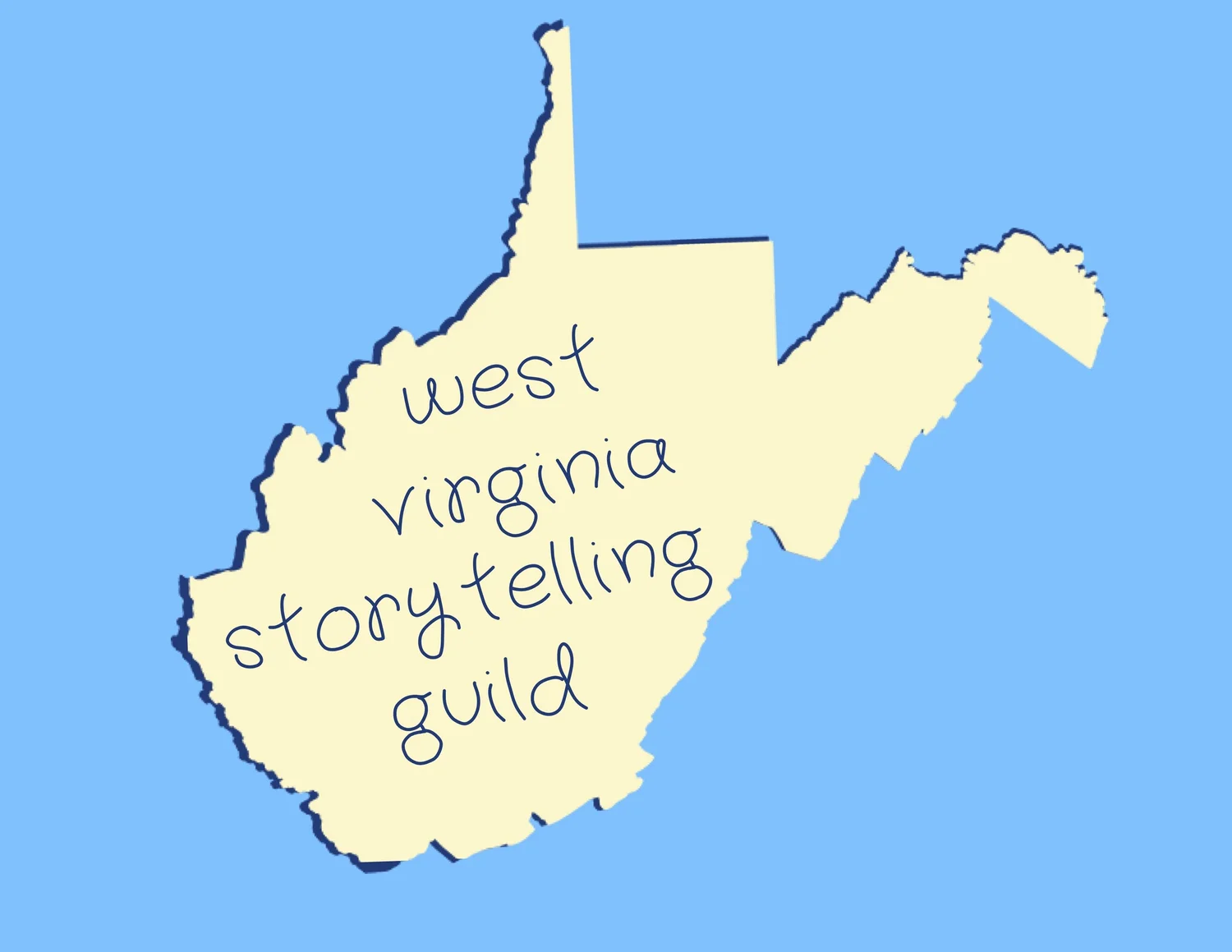It has come to my attention that many of the loquacious raconteurs who choose to share stories, group their tales into two categories: fiction and nonfiction. From the start I have always found this to be confusing, not the delineation of the two categories so much as the words: ‘fiction’ and ‘nonfiction’. Really? Who thought these were good descriptions of veracity and falsehood? This was the best Noah Webster could offer?
When saying the word nonfiction a few times, “Nonfiction, nonfiction, nonfiction,” I’m immediately struck by the prefix ‘non.’ which of course is negative, meaning not. Not-fiction is supposed to equate to the truth, what is real. But, I seem to hear ‘nonfiction’ and ‘not really’ as synonyms. Even if they’re not, isn’t there some doubt implicit, unstated, underlying the truth when stated in a negative way? Nonfiction? That’s the truth?
Am I the only one to suggest that nonfiction, ‘not fiction,’ is really saying, ’It’s not a lie.’ And if so, pointing out what isn’t a lie, is not the same as saying, “this is the truth.” It merely points out that it is not a lie. But what IS it? If a child says, “I’m not lying!” Great, I think. But is he or she telling me the truth? Really?
The negative prefix ‘non’ seems to cast doubt on everything that follows doesn’t it? And by casting the slightest doubt, how can I trust that nonfiction is in fact the whole truth? Is searching for the truth the same as looking for the not-not-known? Nonfiction. Isn’t there a more positive word to invoke the truth than this?If it IS the truth, why don’t they just come out and say it instead of not-fiction, non fiction.
If a negative is used anywhere it should be with falsehood, Non-nonfiction is not true, so is ‘fiction’, but then so is the word false. Why not just say ‘falsehood and truth?
The whole ‘non’ thing sets the wrong precedent. If you said, “I rode my noncar over here today. I’d reply, “Did you ride your bike? Your motorcycle? Scooter? Velocipede?” You can see where a guessing game would ensue, or at least a misunderstanding since I’m only hinting at what a noncar is not, never clearly telling us what it is. So what is it? Why not just say uber, taxi, bus, or train?.
It’s true that fiction is false. That is to say that fiction is not true. Now that is specific: ‘not true.’ So while a fictional tale is not true, a nonfiction story, that is to say ‘ a true tale’ can be defined as being ‘not false or not-not-true.’ It’s like playing duck duck goose with veracity. The truth becomes a child’s guessing game. Not-not- not- not…true!
Since storytellers seem to be fond of using fiction and nonfiction to describe their stories, and to better understand my dilemma I present here a fictional account of an interview with a real storyteller, or better stated:
A Real Account Of A Fictional Interview With A Tall Tale Teller
I shook the little fellow’s hand, and looking down at him without being condescending, I asked politely, “What kind of stories do you prefer to tell?” I expected him to say, not true, that is, fiction or the not not-true kind, nonfiction. Either way once and for all I sought answers, definitions, hoping for the truth to be told. (or not)
Instead? He replied, “I’m a tall tale teller.”
This gave me pause. “You can’t be a tall tale teller,” I said,“since I have at least a four inch height advantage.”
“No,” he said, “not a tall tale-teller, a tall-tale teller.”
“Oh,” I said, confused by the distinction he tried to make. “A tall tale teller?”
“Tall tale tellers can come in any size” he said, “just as short stories are often quite long.”
He was obviously unaware of the confusion he was now causing as he now managed somehow to include the vertical and horizontal in trying to stretch both himself and his stories.
Now it became obvious that I was having a problem separating not true from not-not true in his explanation of who he was, who he was not and what he did and did not do. So, I made a final attempt to clarify.
“In all honesty,” I said, “are you trying to tell me that a short person can be a tall tale teller and short stories often aren’t short at all?”
“Now you got it!” he said.
Flummoxed by his response, I added, “I don’t know if you’re telling the truth or not, but it sounds like you’re asking me to believe that you are a short tall tale teller who prefers both not true and not not true tellings of long short stories.”
“Not-not true?” He said. He paused, then, in an effort to address my confusion, continued, “Look,” he said, “double negatives equal a positive in nearly every language on Earth, but you’ll never find a double positive to equal a negative.”
“Ya right!” I said.
He walked away.
And that’s the truth.
MikePerry.biz 8-2023
